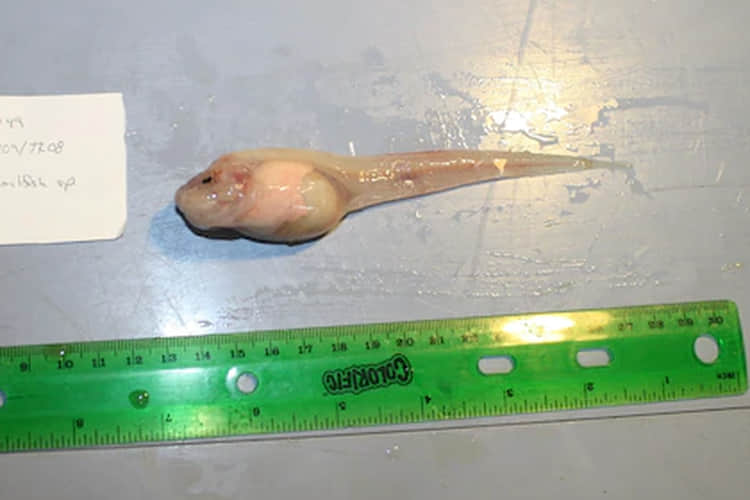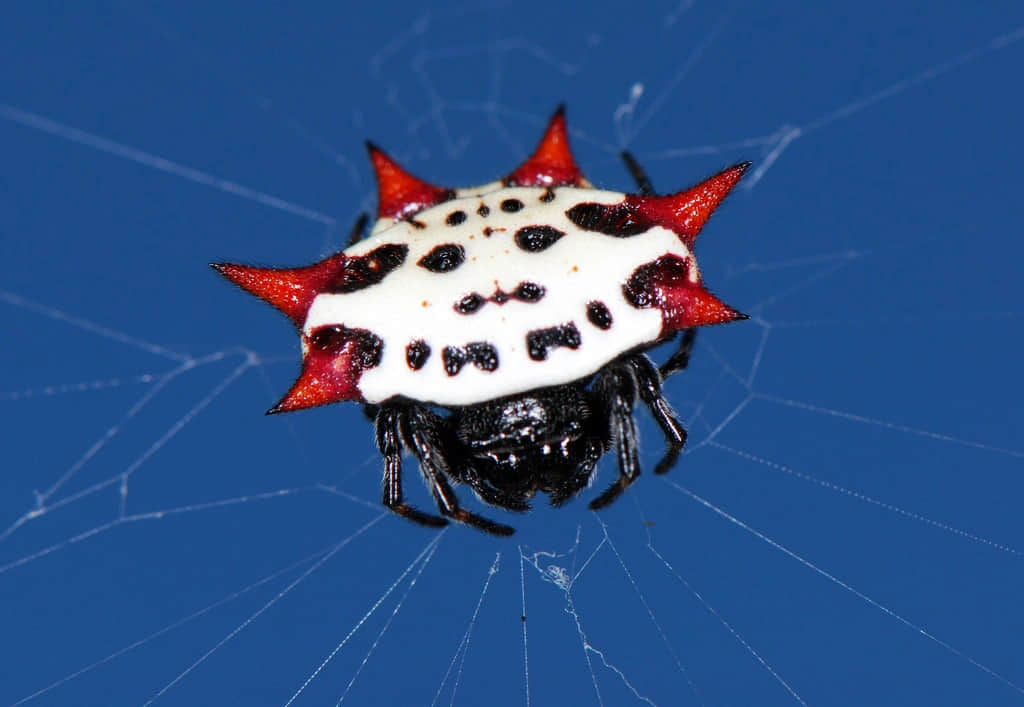Rats are security, dogs are therapists, this is not a fantasy movie but is completely real at some airports around the world.
Here are some airports that might interest animal lovers.
Dog – psychiatrist
In the past two years, Los Angeles airport, USA has offered free therapy services for customers with dogs. These animals have the title PUP (Pet to Relieve Stress) – will roam around the areas behind the airport’s security gates to meet and bring comfort to passengers before the flight.
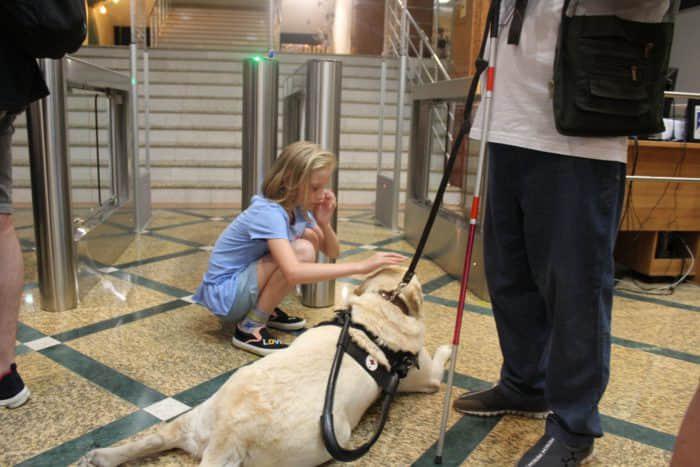
“When passengers are anxious, or feel tired and insecure, our four-legged volunteers will take their duties completely seriously,” said Bob Blumenfield, airport representative. .
Goat – staff who takes care of ornamental plants
Authorities at several US airports are implementing a pilot program to care for plants in an environmentally friendly way.
Portland Airport recently abandoned herbicides, instead using a herd of goats to manage vegetation around the airport.
Kats Simonds, a spokeswoman for the airport, said: “Goats are a viable alternative in places where time is not an issue, or machinery is not suitable. These are places where vegetation is very thick and high, which means the problem of labor insecurity”.
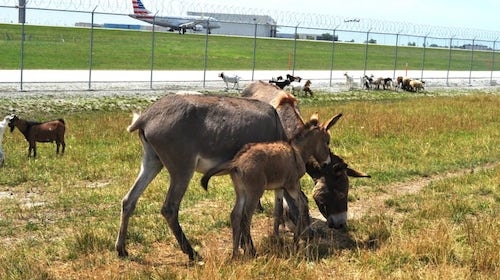
“This herd of herbivores acts as an alternative to toxic herbicides, or devices that create emissions,” explains Karen Pride, director of media relations for the Chicago Department of Aviation.
“Removing overgrown areas also reduces the density of wildlife such as birds, which can endanger flight activity around O’Hare,” Ms. Pride said.
Camel – special bodyguard
The goats on duty to take care of the trees at Portland International Airport, USA face a danger – wild wolves.
Airport authorities had to mobilize llamas. “Llamas are a fierce opponent of wolves, so they will be placed to protect goat herds,” Mr. Simonds added.
Falcon – aviation dispatcher
One of the threats to the world’s aviation industry is birds. In the United States alone, there are nearly 14,000 bird collisions each year.
The consequences of collisions can only cause superficial damage, but can also damage the aircraft engine causing serious accidents, according to Mark Adam. He is the owner of Falcon Environmental Services, a company that specializes in using falcons to chase birds away from airplane takeoff and landing areas.
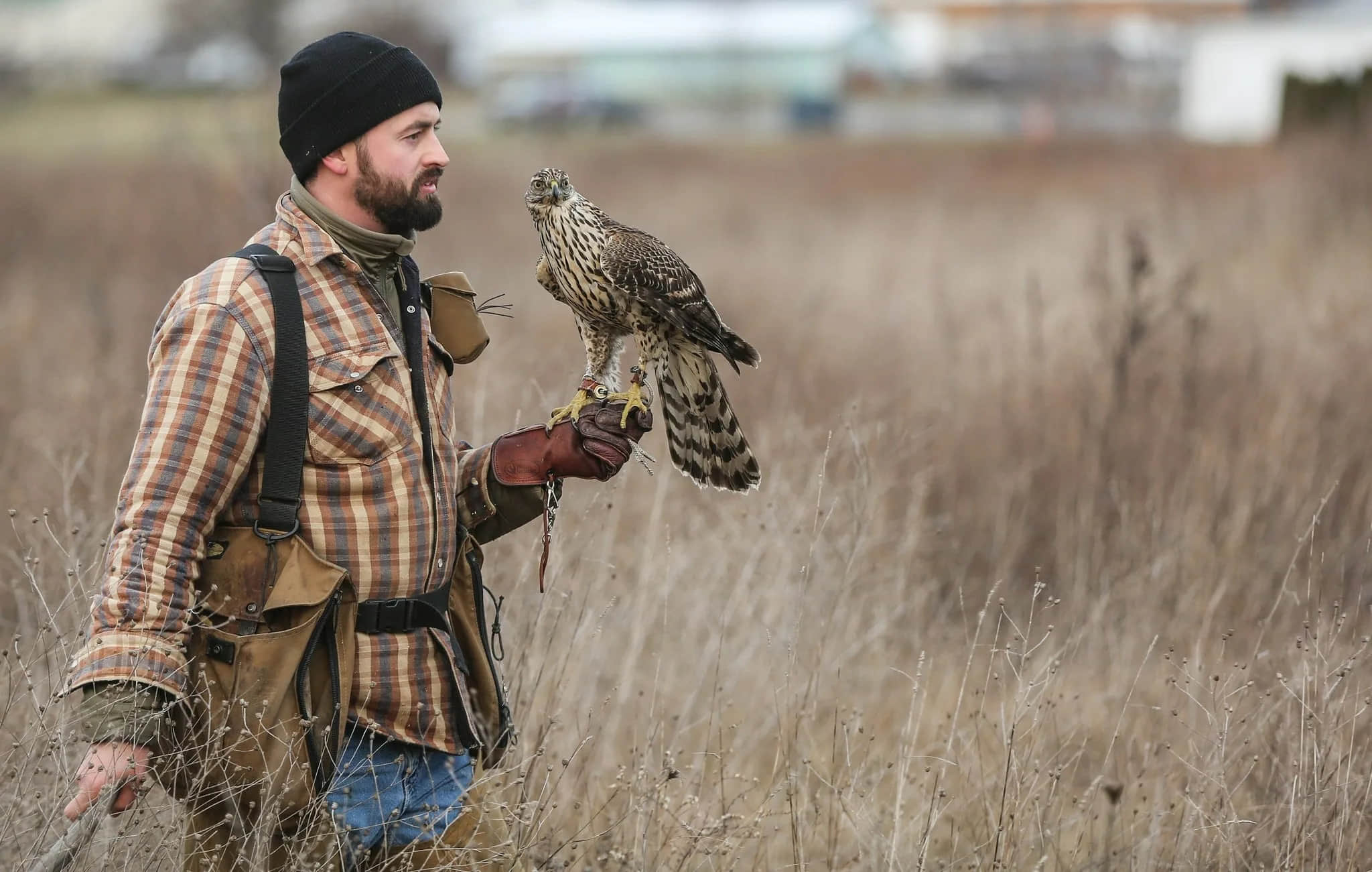
In addition, this measure has another advantage: the falcons can cover a large area. “Airports are usually very large, but falcons can control the entire area with 100% efficiency,” Mr. Adam said.
“This is a widely used method to control wild birds,” Adam said, asserting that this method is more humane than many conventional eradication methods.
“I don’t put falcons up there to eat other birds. We just use the natural relationship between predatory predators and common birds to our advantage,” he said. Adam affirmed.
Rat – secret security agent
Israeli security group Tamar Group is developing a mouse-controlled explosives detection system. Yuval Amsterdam, vice president of the group, explained the advantages of mice, such as they are very sensitive to smell, easy to train, small and easy to transport.
These rats will be released from their cages to sniff passengers and their luggage to find traces of explosives and other banned substances.
Ong – anti-drug officer
Researchers at Germany’s University of Giessen have discovered that honeybees can be trained to detect drugs, narcotics… The above research was published in the journal Plos One, which said that these Bees can be trained to fly over large ranges.
Cat – the airport’s mascot
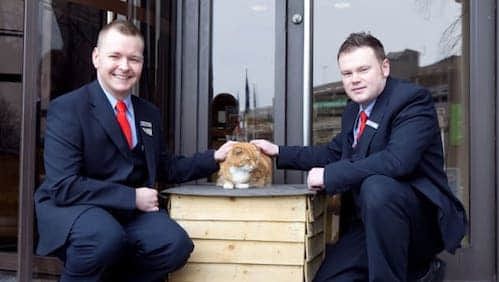
Manchester Airport, England has a mascot that is a one-eared cat. The cat has lived around the main office block of the airport for many years, although it does not work like the animals mentioned above. The staff adopted him and named him Olly.
The female cat quickly captured the public’s imagination, with a private Facebook page that has 2,500 friends. Olly even has a plane named after him.
However, earlier this year Olly passed away from pneumonia. Employees built a memorial plaque at the airport.



